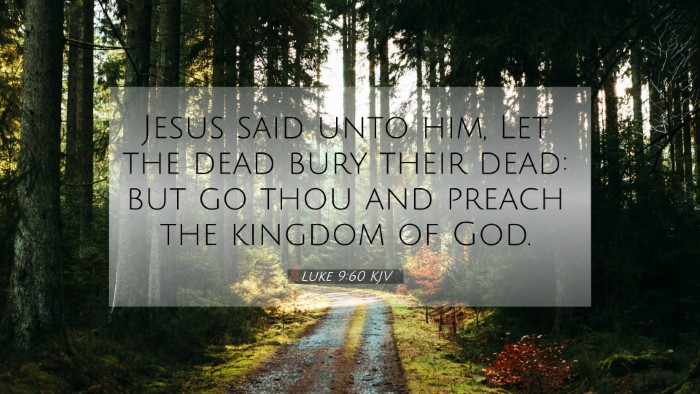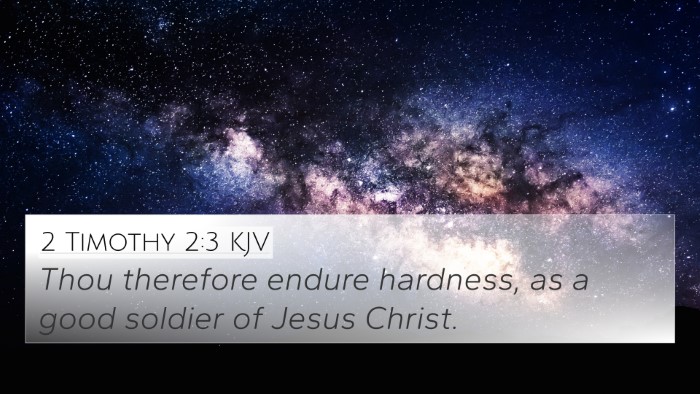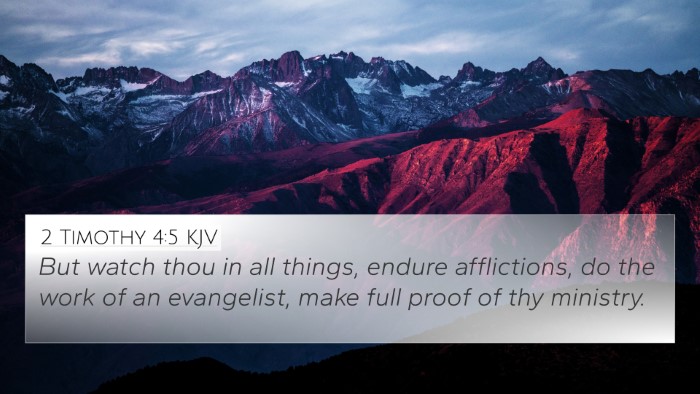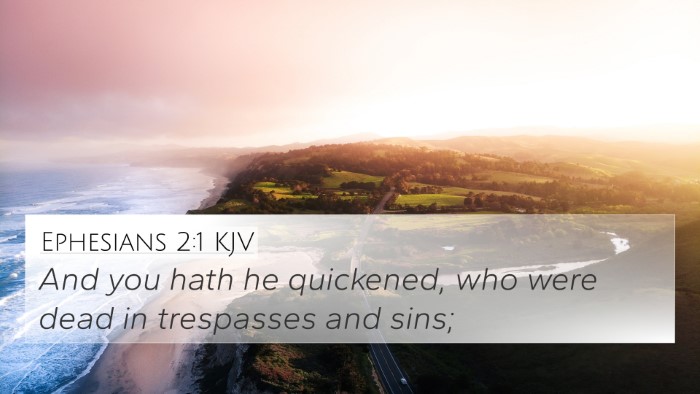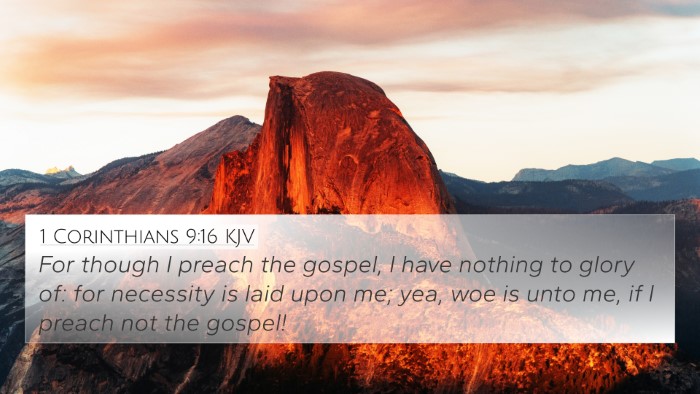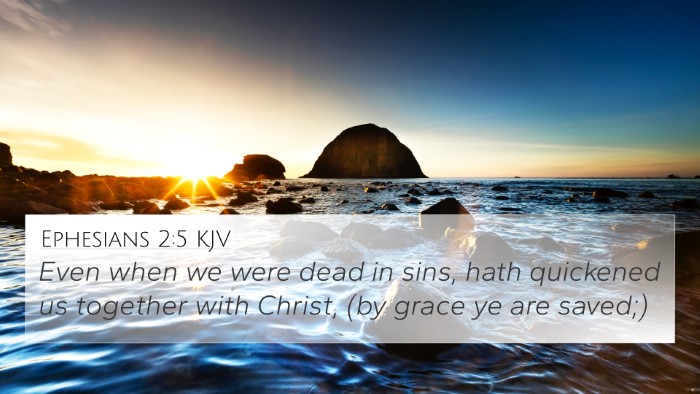Bible Verse Meaning and Interpretation of Luke 9:60
Luke 9:60: "Jesus said to him, 'Let the dead bury their own dead; but you go and proclaim the kingdom of God.'" This verse encapsulates a profound call to discipleship, prioritizing spiritual commitment over familial obligations.
Contextual Background
The context of this passage is highly significant. After Jesus set His face towards Jerusalem, He met various individuals who expressed desires to follow Him. However, He articulated the cost associated with discipleship. This specific encounter highlights the urgency and commitment required in answering Jesus' call.
Commentary Insights
-
Matthew Henry:
Henry emphasizes the radical call of Christ. He indicates that in this passage, Jesus was not being unsympathetic to the duties of burial; rather, He was underscoring the urgency of God’s kingdom, which should take precedence over all earthly ties. The "dead" mentioned relates to the spiritually dead, suggesting that those who are not spiritually alive should tend to worldly matters.
-
Albert Barnes:
Barnes elaborates on the notion that those who are spiritually alive (the living) should engage in the mission of preaching the Gospel. He interprets Jesus' statement as a teaching that emphasizes prioritizing the kingdom of God over familial relations. His assertion suggests that the duty toward God transcends all earthly obligations, such as caring for one’s family.
-
Adam Clarke:
Clarke interprets this passage with a focus on the radical and demanding nature of the call to discipleship. He suggests that this does not discount the importance of family but rather showcases the necessity of prioritizing one’s commitment to God’s work. Clarke notes that the "dead" referred to symbolizes those who are preoccupied with the secular, untouched by spiritual matters.
Thematic Connections and Cross-References
This verse presents an opportunity for thematic Bible verse connections and cross-referencing with letters from the apostles and teachings found throughout Scripture.
Relevant Cross-References:
- Matthew 8:21-22: Another account where Jesus calls for priority in discipleship, stressing readiness to follow Him without delay.
- Luke 14:26: Jesus speaks about the necessity of hating one’s family in comparison to the commitment required to follow Him.
- Mark 10:29-30: Jesus promises rewards for those who have left families and houses for His sake and the Gospel.
- John 15:19: The relationship between being called by God and the inevitable persecution from the world is highlighted, reinforcing the commitment to God over the world.
- Philippians 3:8: Paul discusses the concept of loss for the sake of knowing Christ, paralleling the sacrificial nature of following Jesus illustrated in Luke 9:60.
- Galatians 1:10: The commitment to serving Christ over pleasing men aligns with the theme of prioritizing divine calling over earthly ties.
- Romans 12:1: The presented idea of offering one’s self as a living sacrifice connects with the call to live a life reflecting God’s mission above all else.
Implications for Discipleship
This verse reveals the profound truth about what it means to follow Jesus: it is a call to a radical lifestyle that reorders our priorities. Discipleship demands a focus that often excludes what the world deems important.
Considerations for Application:
- Evaluate personal priorities and how they align with God's calling.
- Understand the implications of spiritual commitment over earthly obligations.
- Embrace the urgency of spreading the Gospel in daily life.
- Reflect on the sacrificial nature of discipleship as portrayed throughout Scripture.
Conclusion
In conclusion, Luke 9:60 serves as a critical reminder of the sacrifices inherently involved in following Christ. It calls believers to examine their lives against biblical teachings and reflect on the deep commitment required for authentic discipleship.


